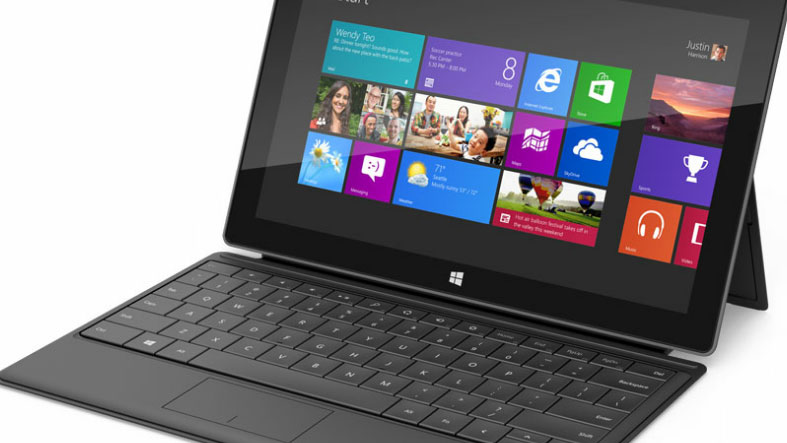Is Windows 8 the end of the desktop?
The old Windows desktop is set to disappear by 2020 says Gartner

The forthcoming launch of Windows 8 and the new Metro interface on mobile devices will herald the end of the traditional Windows desktop.
A new report from analysts Gartner "Windows 8 Changes Windows as We Know It" points to the end of the Windows desktop and traditional Windows apps, and their replacement by the Metro interface on Windows RT-based devices, including the recently unveiled Microsoft Surface tablet.
As Steve Kleynhans, vice president for client and mobile computing explains.
"Windows 8 is more than a major upgrade to Windows — it's a technology shift. We don't see technology shifts too often; the only other one Microsoft's client OS has gone through was the move from DOS technology to Windows NT technology, which began in 1993 and took eight years, ending with the introduction of Windows XP in 2001,"
Adding,
"The user computing world is changing. PCs, although still critical components of the computing landscape, are no longer the only devices for delivering services and applications to users. Smartphones and tablets are fulfilling the role of the primary device for an increasing group of users, and most of these devices are from vendors other than Microsoft."
"Windows 8 is more than a major upgrade to Windows — it's a technology shift" Steve Kleynhans, VP for client and mobile computing Gartner
Sign up to the TechRadar Pro newsletter to get all the top news, opinion, features and guidance your business needs to succeed!
Old apps will stay for the next ten years
However while Microsoft plans to position WinRT as its strategic platform for new development, most users will continue to run Win32 applications for 10 or more years.
Gartner expects businesses that adopt Windows 8 to run most of their apps on the old desktop via Win32 however by 2020, they expect most users to spend less than 10 percent of their time in Win32 apps and instead focus on the new Metro interface.
Gartner expects that the Windows Desktop and legacy Windows applications will decline in importance in future Windows releases and businesses planning to develop new Win32 applications should switch to Metro for all new user-facing applications beginning in 2013 and should focus on external apps first and internal apps later.